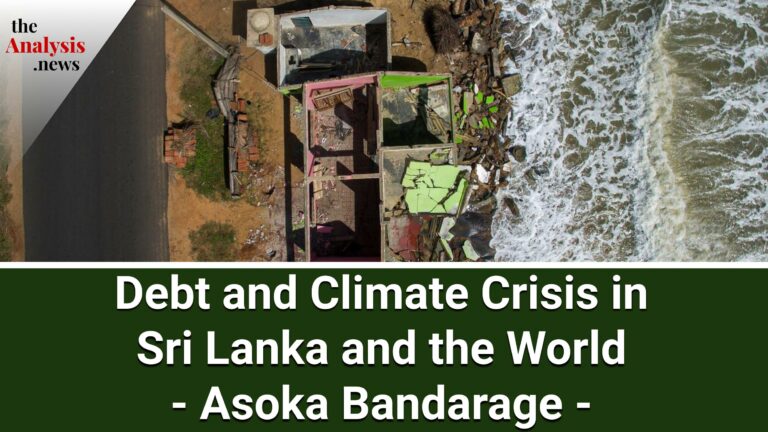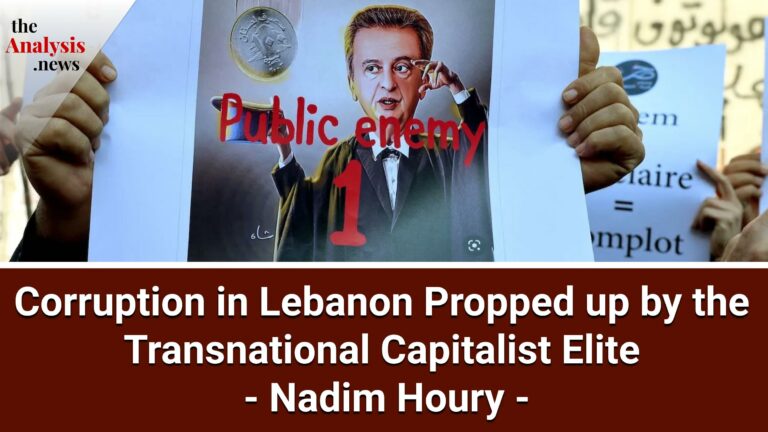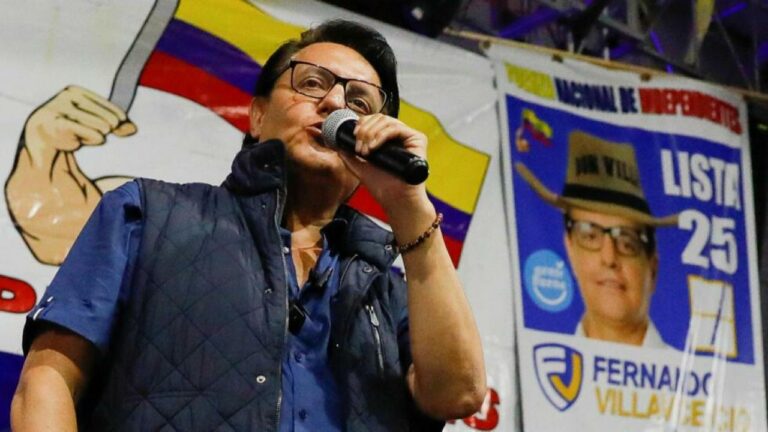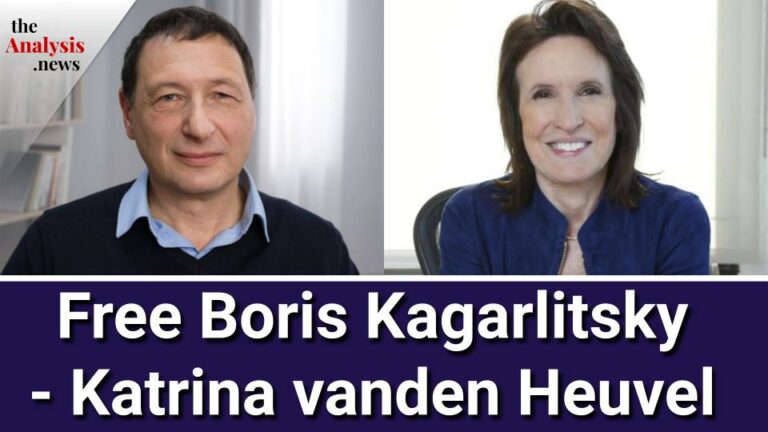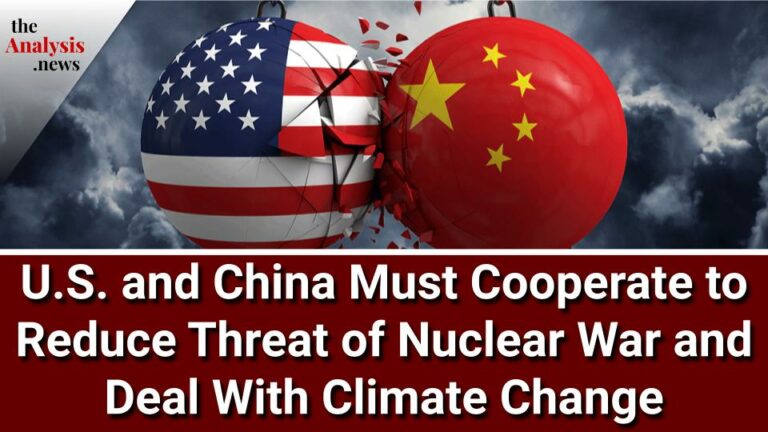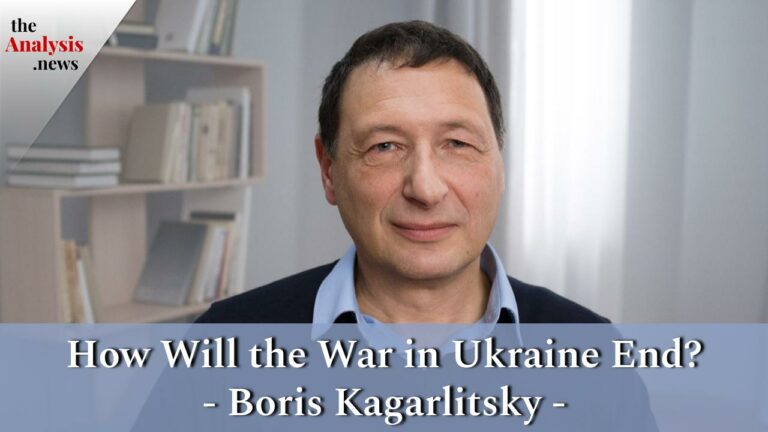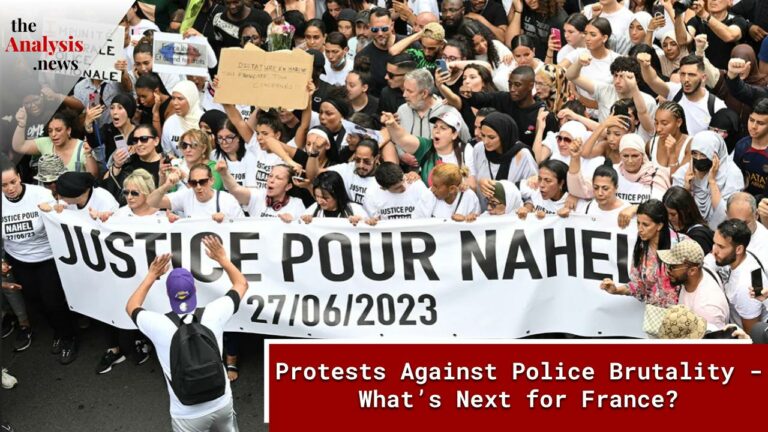A Brutal Occupation Begets a Brutal War Between Israel and Hamas – Trita Parsi
Trita Parsi, Executive Vice President at the Quincy Institute for Responsible Statecraft, analyzes Iran’s role in supporting Hamas’ brutal coordinated attack on civilians in Israel. Parsi unpacks Palestinian grievances, as well as Israel’s indiscriminate bombardment and illegal blockade of Gaza. With host Talia Baroncelli.


